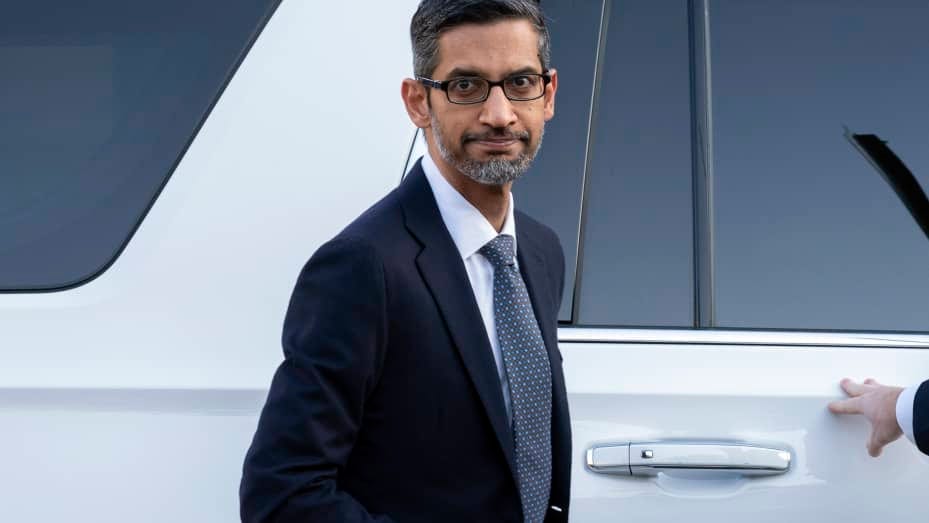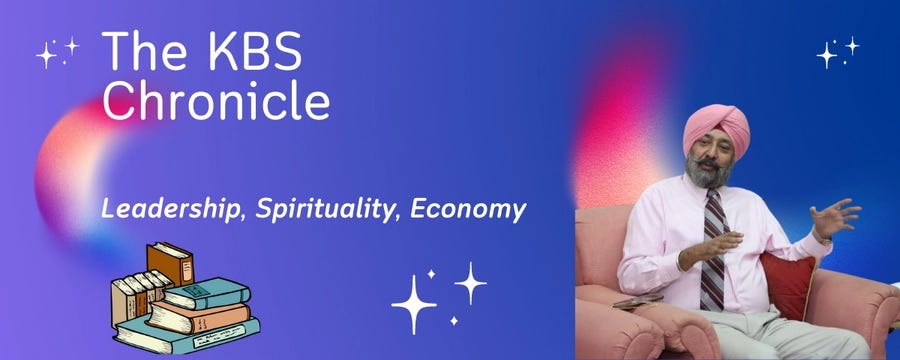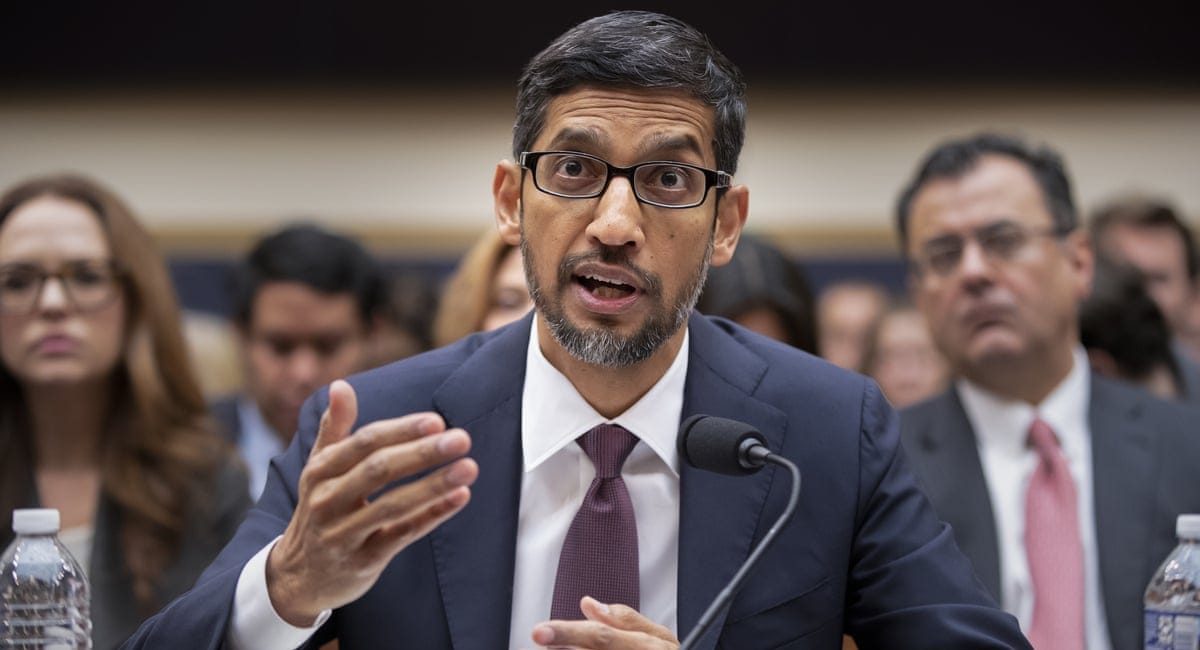Sundar Pichai's Testifies as Google's Star Witness in U.S. Antitrust Case
Sundar Pichai's Testimony: A Pivotal Moment in U.S. Antitrust Case Against Google. Is Google a Monopoly? That's the Question.

The Power of Default: A Contested Terrain
Sundar Pichai, the CEO of Google, on Monday, October 30, 2023 testified in a landmark U.S. antitrust case1, underscoring the importance of being the default search engine on laptops and smartphones. The crux of the matter is billions of dollars that Google pays to various tech giants to retain its default status. Pichai admitted, "We were obviously doing the deal for default placement," indicating how crucial it is for Google to maintain this position to keep users loyal, if only by the phenomenon of inertia.
The Government's Case Vs Google's Defence
The U.S. Federal Government is taking Google to court with allegations that the tech behemoth has acted illegally to maintain its market dominance in the sphere of online search and search advertising. They argue that such a monopoly has limited consumer choices and hiked advertising costs. On the flip side, Google maintains that it holds the lion's share of the market simply because it offers the best product. Sundar Pichai pointed out that even Apple considered alternatives to Google when renegotiating their default search engine deal. This, Google argues, proves the market is competitive.
Negotiating the Dynamics with Apple
The U.S. Government seems to underline Google's seemingly unyielding power in defining terms with device manufacturers like Apple. They suggest that the enormity of Google's influence is evident when even Apple, the world's most valuable company, can't veer off Google's stipulations. However, Google refutes this claim, stating that their negotiations with Apple were fraught with uncertainties and compromises, demonstrating the competitiveness of the market.
GPT-Enabled Bing: The New Contender
The landscape of search engines is not stagnant. Microsoft's Bing, now empowered by OpenAI's Chat GPT, represents a case in point. It presents an alternative to Google, further diluting the monopoly argument. The continuous evolvement of technology and the entry of new players underline that there are no insurmountable barriers to entry in this market.
A Global Relevance: The Role of Competition Commission of India
While the case is centred in the U.S., its ramifications are global. For example, in India, it's crucial for the Competition Commission to remain proactive. Monopolies and organised cartels, whether in the tech sector or elsewhere, adversely affect the retail consumer. Therefore, regulatory authorities must be vigilant in safeguarding fair competition and consumer choice, and should not hesitate to take suo moto action if the situation warrants.
Final Thoughts
The antitrust case against Google serves as a landmark event not just for the U.S., but for global regulatory frameworks grappling with technology monopolies. While Google presents a compelling argument for why it isn't a monopoly, regulatory bodies must ensure that technological advancements don't stifle consumer choice or inflate costs. The adage "The Consumer is King" should remind us not to simply accept "default settings" as a sign of consumer inertia, nor should we hesitate to explore market offerings—such as those from emerging startups like Perplexity AI2.
Google's Antitrust Trial in USA— Commences 12th September
Introduction When Google burst onto the scene in the late '90s with its revolutionary search engine, it was lauded as a game-changer. Fast forward to today, and this Silicon Valley behemoth boasts a valuation of $1.7 trillion, shaping not just how we seek information but also infl…
Perplexed by Responses of ChatGPT4? Enter "Perplexity AI".
A New Contender in AI Search If you're often left baffled by the outputs of industry giants like ChatGPT4 or Google Bard, it might be time to shift focus to "Perplexity." This isn't merely clever play on the words; I'm introducing you to the cutting-edge AI-driven search engine, "




